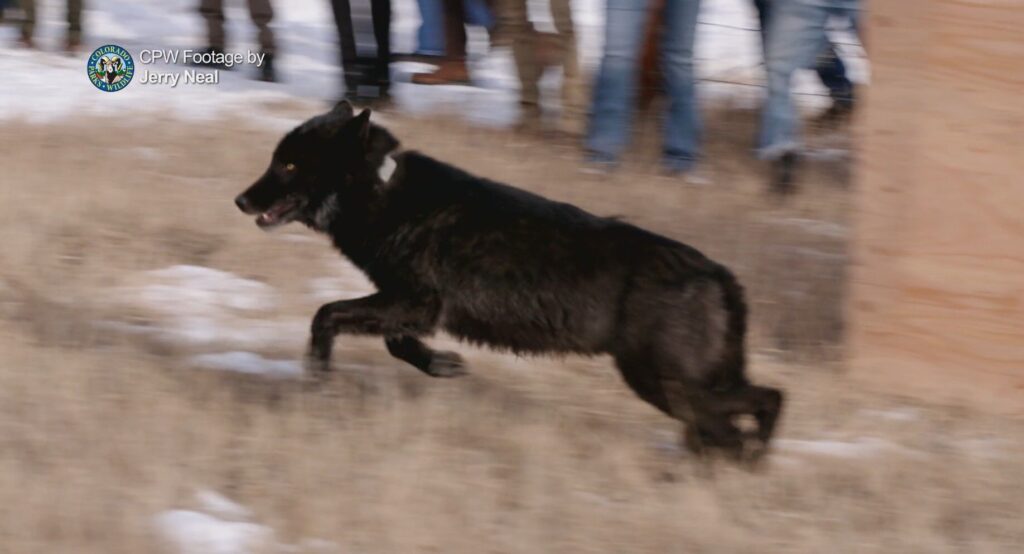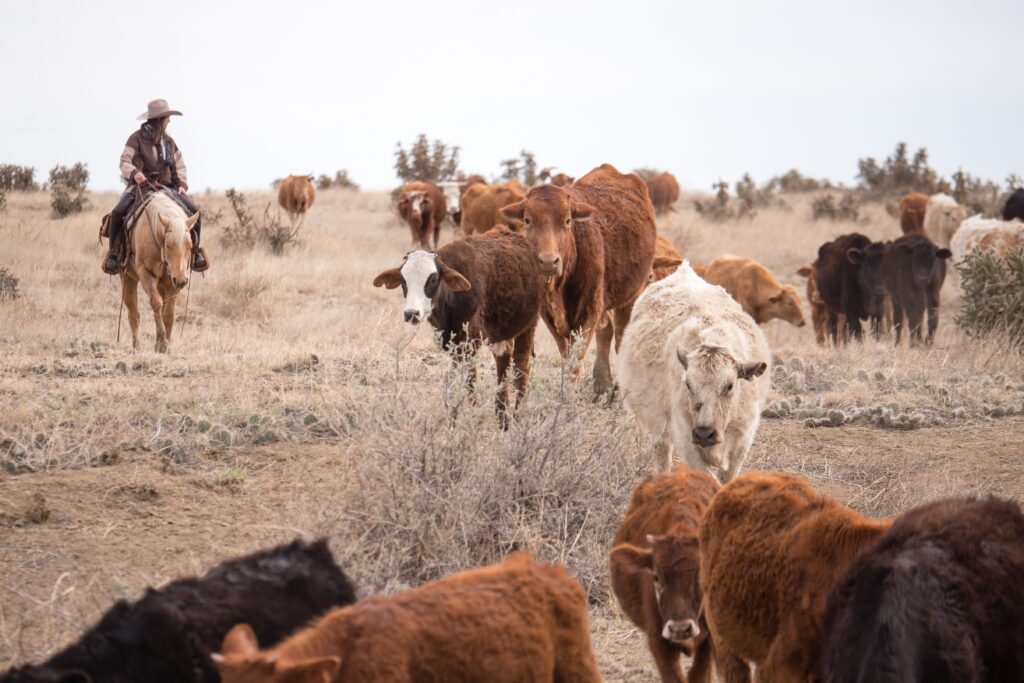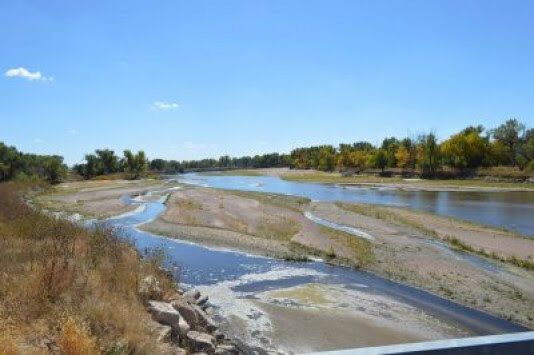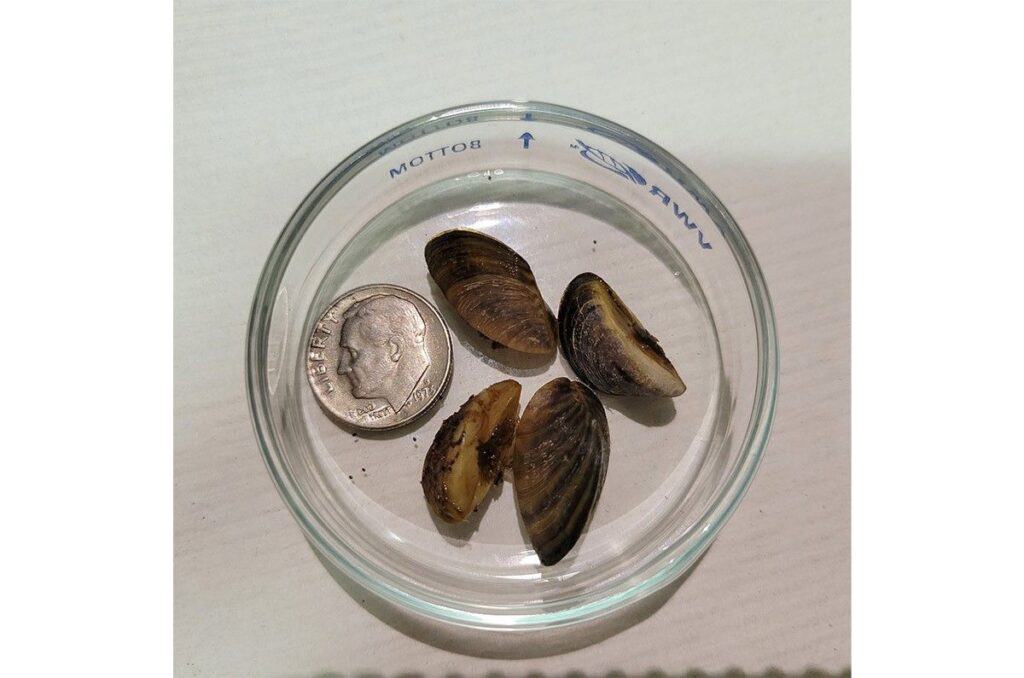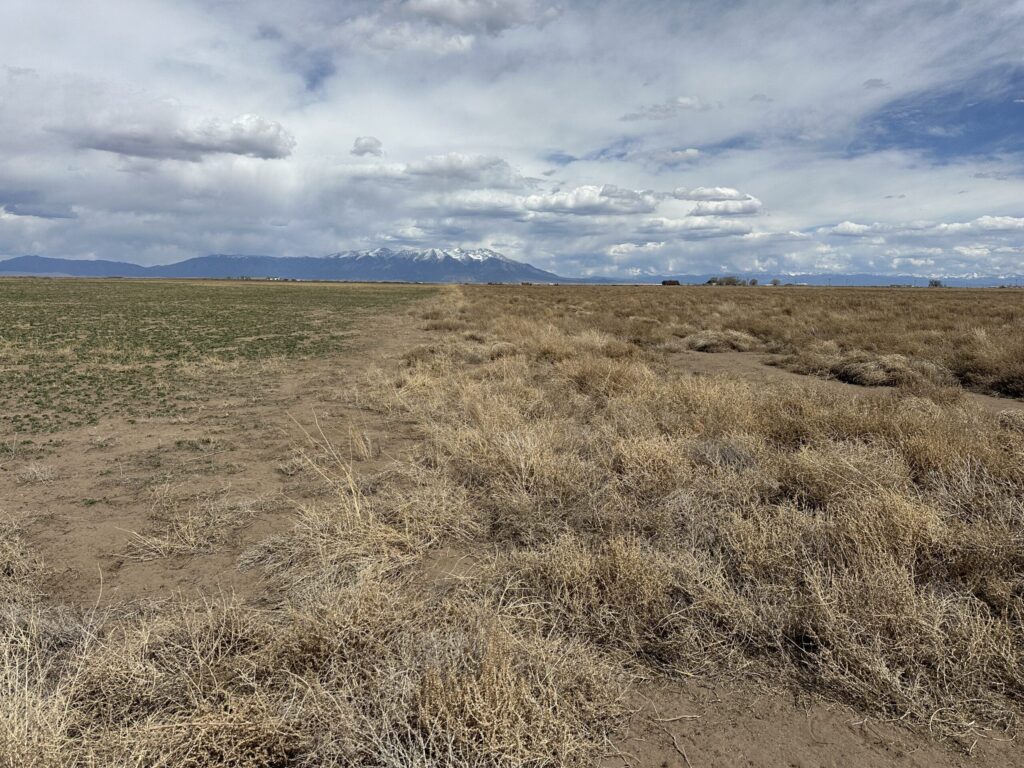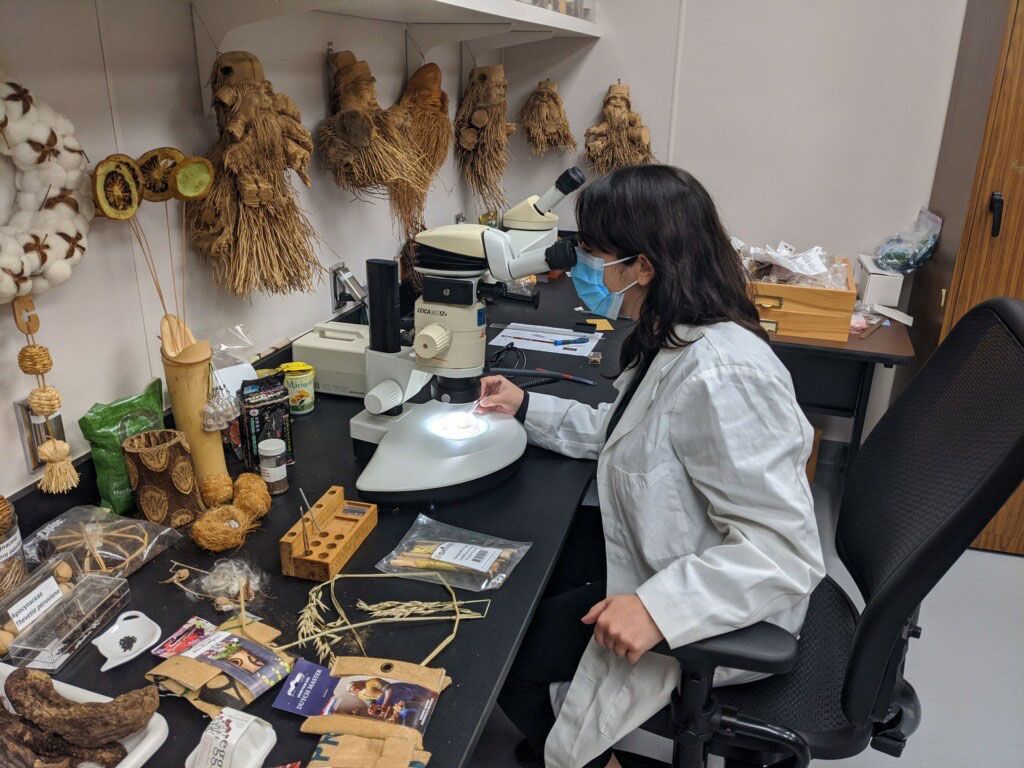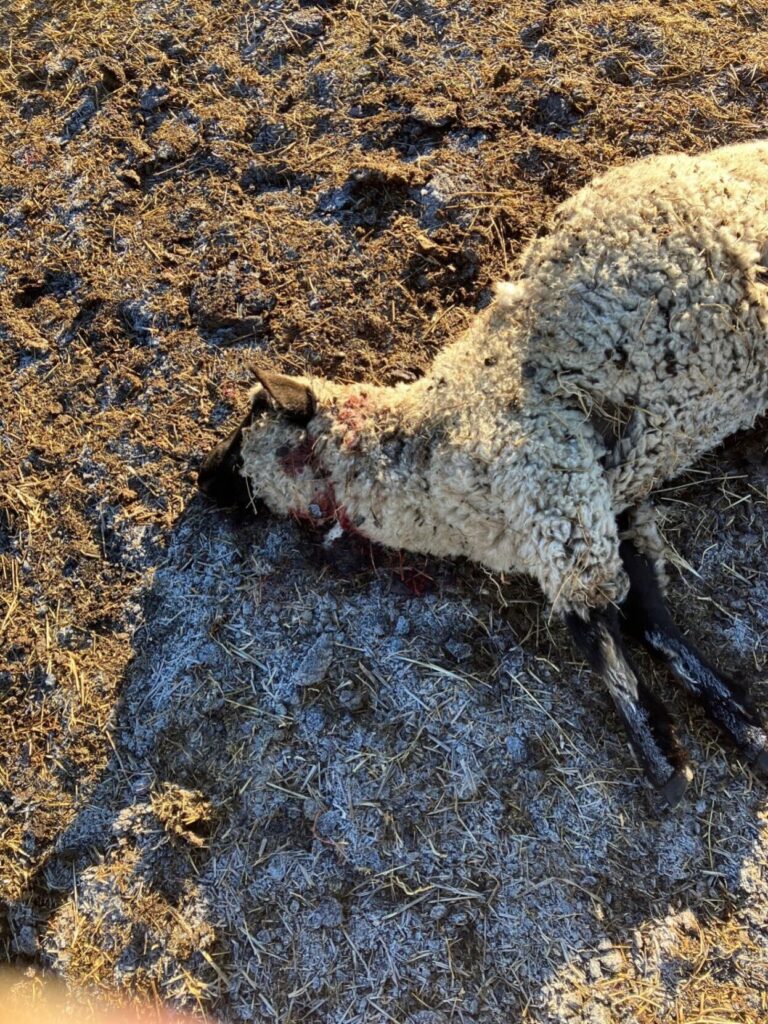Federal judge to issue ruling Friday on wolf introduction in Colorado
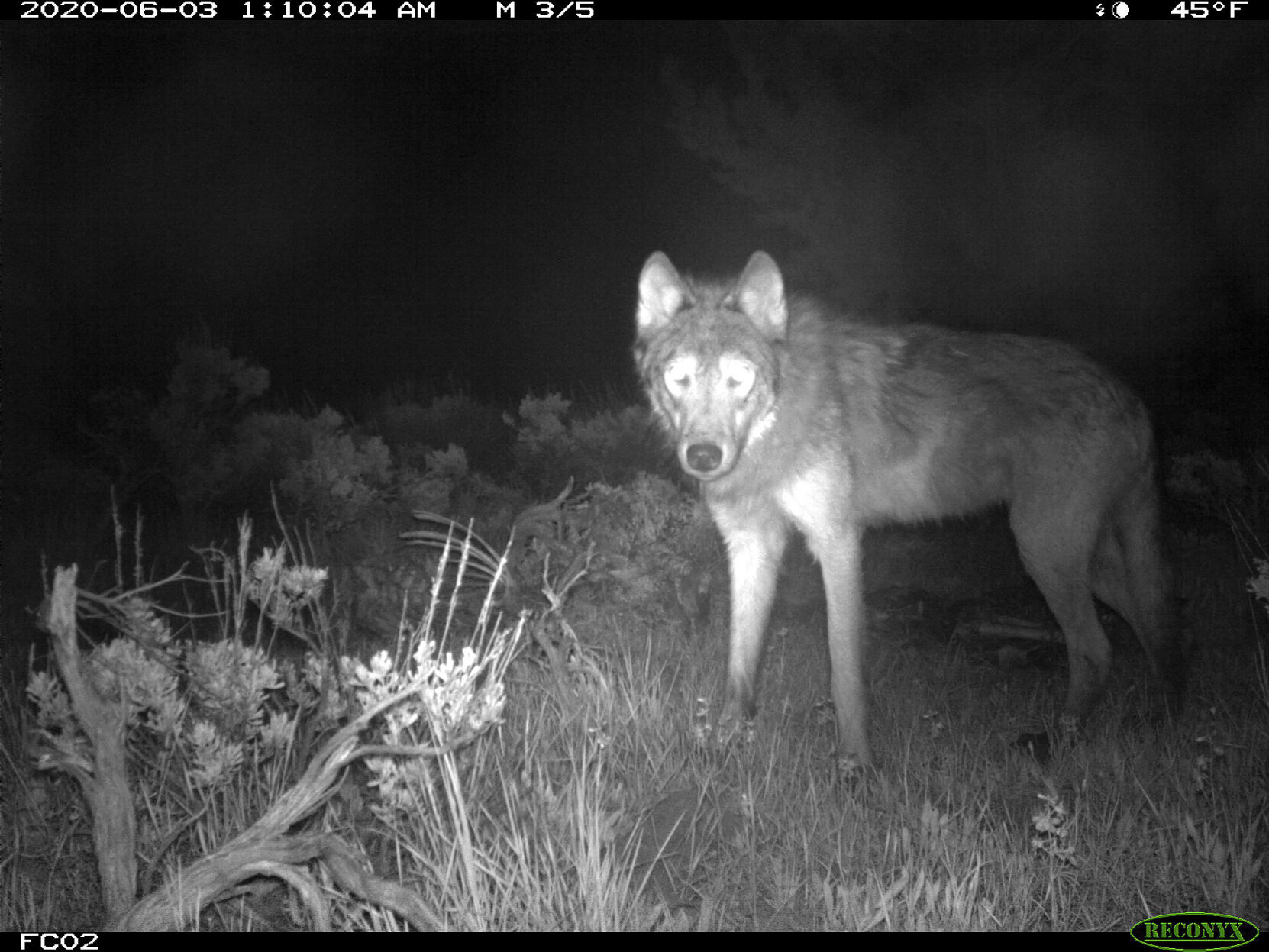
A federal judge will issue a ruling Friday on whether Colorado can move forward next week with plans to bring in wolves from Oregon.
Under the plan, the wolves will be released in state lands in the Western slope. The state’s parks and wildlife agency hopes to have the wolves released onto state lands as soon as Monday, Dec. 18.
Judge Regina Rodriguez listened to oral arguments Thursday in a lawsuit filed by the Colorado Cattlemen’s Association and the Gunnison Stockgrowers Association, who are seeking a temporary injunction against Colorado Parks and Wildlife and the U.S. Fish and Wildlife Service.
That injunction, if granted, would block the state’s Parks and Wildlife division from releasing wolves, the result of a 2020 ballot measure heavily backed by the state’s urban voters.
Voters in rural Colorado, including in the counties where the wolves would be released, voted overwhelmingly against the measure.
Colorado Assistant Attorney General Lisa Reynolds revealed the process for the Parks and Wildlife division to obtain wolves from Oregon starts on Sunday, and parks and wildlife officials hope to obtain 10 wolves that will be brought to the state by plane as soon as Monday.
Each plane can carry five wolves, so it will take two planes, she said.
That the wolves might be released as early as Monday came as news to Andy Spann, president of the Gunnison group.
Where exactly the wolves will be released won’t be identified, but the first targeted region is in between Garfield and Pitkin counties. The second area targeted for reintroduction is in and around Gunnison County.
Reynolds raised the prospect that the effort could be hampered by weather, as a forecast from the National Weather Service shows an 80% chance of rain.
That means a tight timeline for Rodriguez, who ordered all parties to submit draft orders by 9 a.m. Friday, with a ruling expected later in the day.
The lawsuit centers on a technical issue related to a cooperative agreement that has existed between the state of Colorado and the U.S. Fish & Wildlife Service since 1976. The agreement, which is tied to the Endangered Species Act, has been renewed annually ever since.
Plaintiffs claimed the U.S. Fish & Wildlife Service did not follow its own established processes, which have been applied in other states – such as the northern Rocky Mountain states and in Arizona and News Mexico, in the case of the Mexican wolf – where wolves were introduced.
They also claimed that the federal agency failed to obtain an environmental impact statement on Colorado’s new wolf program before signing off on a renewal of the cooperative agreement.
Rodriguez limited arguments to a discussion of the agreement and whether or not the renewal is discretionary.
Brian Herman, an attorney with the Department of Justice who represented the federal agency, claimed the renewal is non-discretionary and “merely maintains the status quo.” He also argued the lawsuit should not succeed because the plaintiffs would not suffer irreparable harm from losing livestock that are attacked or killed by wolves.
That’s an economic harm, not an irreparable one, he said.
Michael Kopp, the plaintiffs’ attorney, pointed to criteria that requires a new environmental impact statement when there are changes in state management plans covered under the agreement. That had not happened with previous renewals because the wolf plan was not part of the state management plan until October 2023.
Reynolds, the assistant attorney general, also accused the livestock organizations of attempting an 11th-hour maneuver to stop the reintroduction under the guise of more study and analysis. Reynolds said the lawsuit did not seek any relief from the state parks and wildlife division. The agency now has independent authority over the wolves under the 10(j) ruling that went into effect on Dec. 8 and which the plaintiffs did not challenge, she said.
Spann and Greg Peterson, both affiliated with the Gunnison Stockgrowers Association, both testified about potential effects of wolf introduction.
Spann said the program will not only affect livestock but also hamper hunters, who might fear running into the wolves when they’re searching for deer or elk. He also raised concerns that the wolves could endanger renewal of grazing leases on federal lands.
When pressed by attorneys for the state and federal agencies, Spann acknowledged that no letters affecting grazing rights have been issued and that what he believes could happen as a result of wolves entering the Gunnison valley is “speculative.”
In addition, Peterson, who has spent 30 years working on protections of the sage grouse in Gunnison County, said wolf introduction could result in lower sage grouse numbers, a claim that attorneys for the respondents also challenged. The latter said the state parks and wildlife division had said there would be no “scientific” impact on those populations and that sage grouse are not a food source for wolves.
Peterson, however, said wolves could drive the sage grouse into areas where there are more predators for that species. He also said there could be “emotional” impacts from wolf introduction, such as from dealing with predators on a daily basis. That would affect families, pets and livestock, he said, adding people haven’t given enough credence to mental health effects.
The respondents did not present any evidence or witnesses.
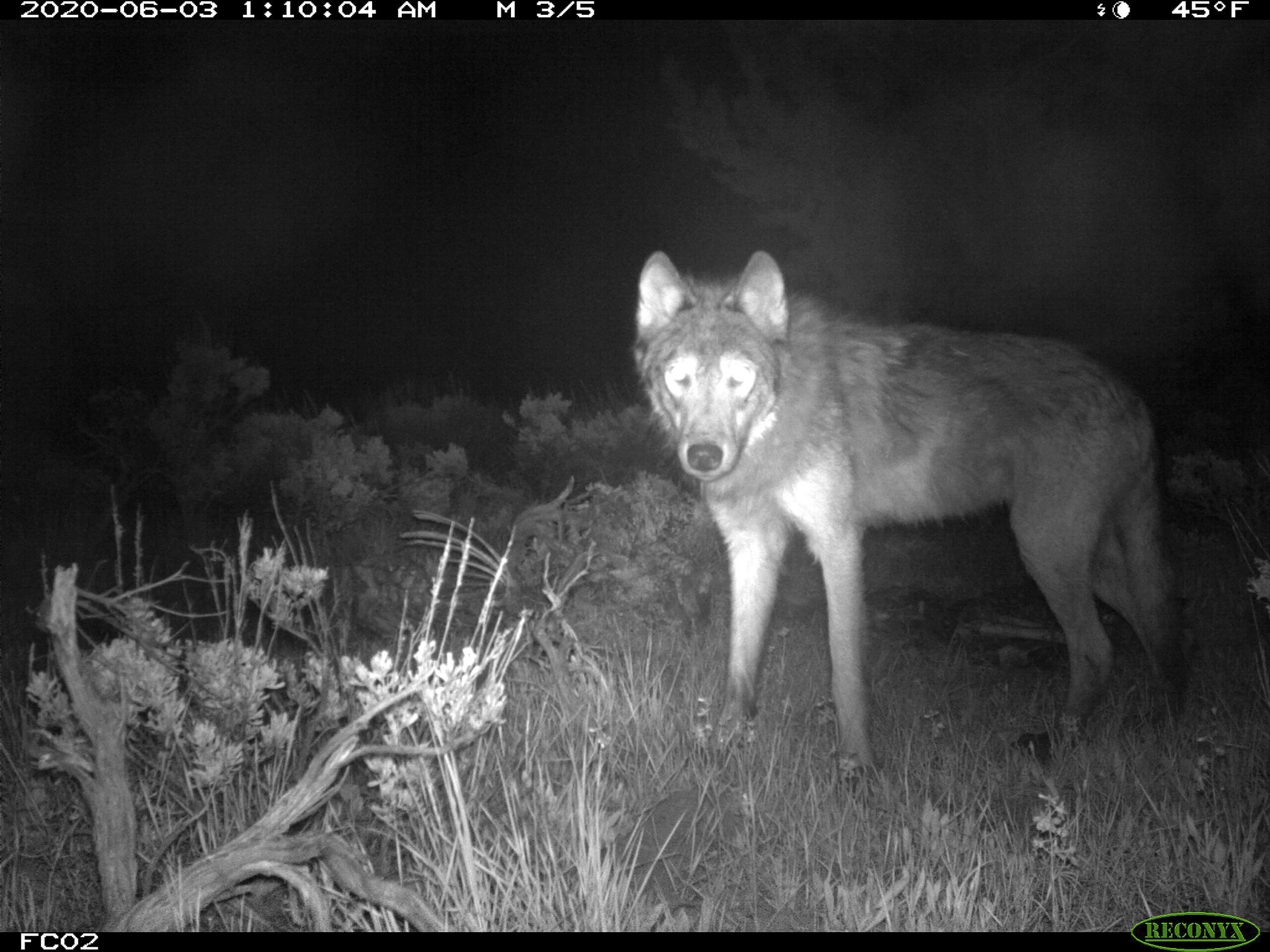
luige.delpuerto@coloradopolitics.com




